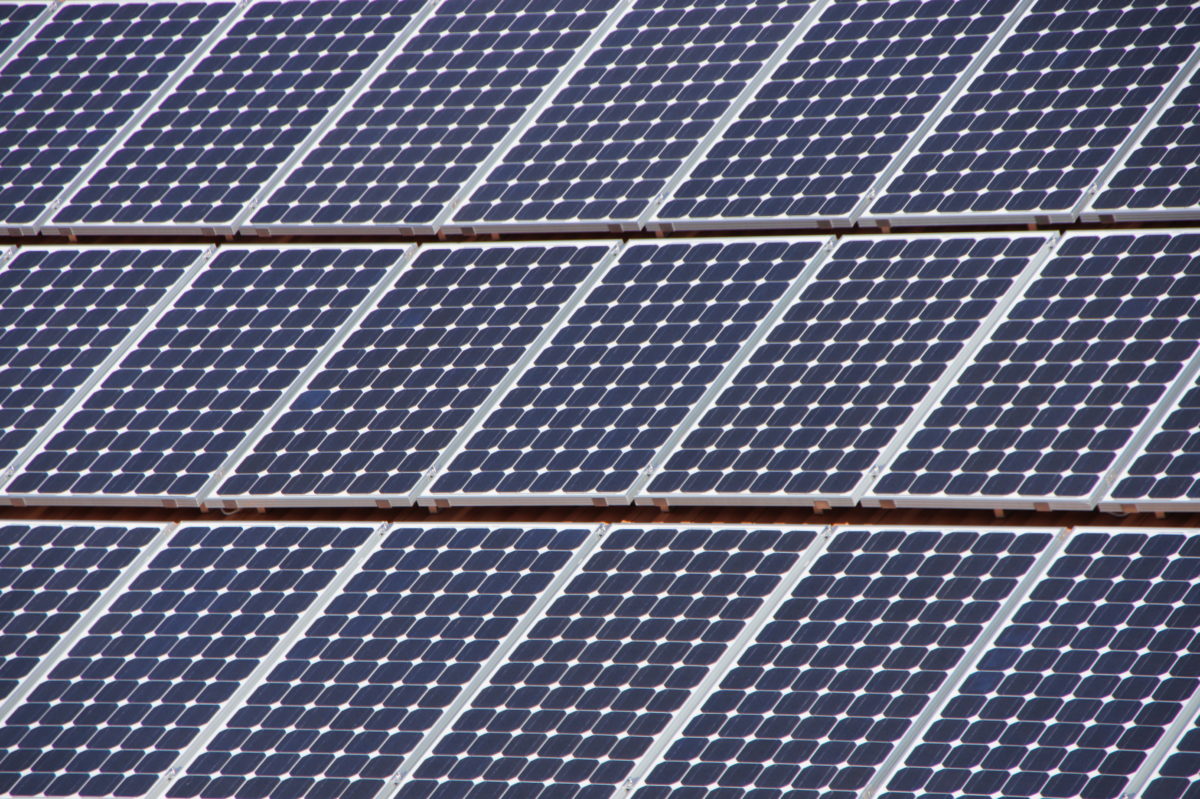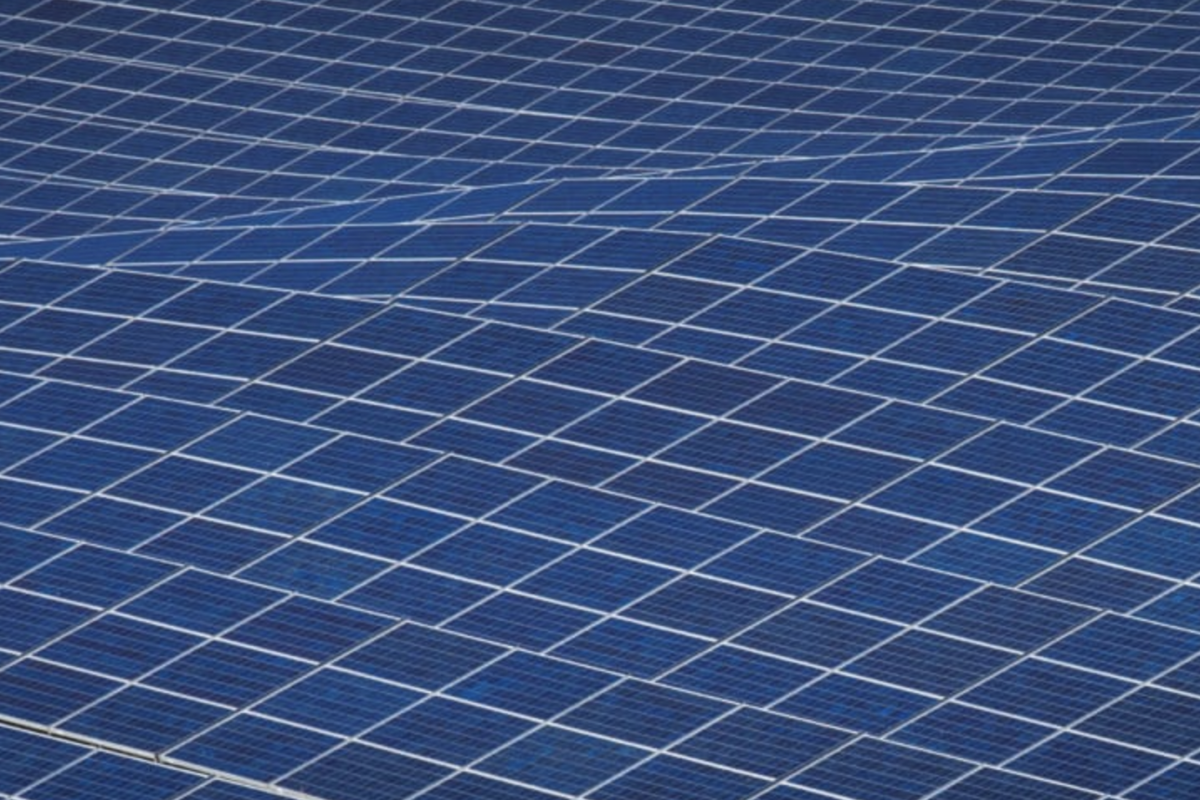From pv magazine France
Earlier this month, the energy regulator for the greater Brussels area, Brugel, granted market and pricing exemptions to support the development of a collective self-consumption project on a school building in the community of Ganshoren.
The two-year pilot project will be implemented through a 34.7 kW PV system installed on the school and a 2.4 kW installation on the roof of a nearby homeowner.
“In practice, the school and an individual will sell their surplus solar electricity production to neighboring residents, located within the perimeter of the district's low-voltage cabin, with all of these entities being equipped with communicating meters,” said Apere, the Belgian renewable energy association.
The power producers will secure payments for the shared electricity, while consumers will buy power at lower prices than the market, while also paying for network utilization in relation to the way they use it, the association added.
Brugel said earlier this month that the project will test new concepts for the metering and billing of network tariffs. It will also analyze public interest in such projects.
The Brugel waiver has enabled 15 residents of the school district and the municipality of Ganshoren to create “Belgium's first renewable energy community,” as defined by the European Directives. These place the consumer at the center of the transition to clean energy and support the legal framework of the member states.
They aim “to support the self-consumption of renewable energy, but also citizens, small- and medium-sized enterprises, and municipalities grouped together through renewable energy communities, with a view to investing in the production, storage, collective self-consumption or sale of renewable energy as well as in flexible consumption,” the association said.
Its director, Benjamin Wilkin, has defined the project as a a pivotal step in the evolution of the electricity market. “The feedback from this practice – which remains a pilot – will feed the authorities to define a solid legal framework that can be practiced on a large scale in order to transpose the European Directives which give the right to all consumers to produce, consume, store and sell renewable electricity.”
Other renewable energy communities will emerge, complementing the diversity of models to develop renewable energy resources. Project leaders have already submitted an exemption request to Brugel for such projects, the association said.
Energy communities are emerging as a viable option in several European countries, including Italy, Spain, Portugal, Sweden and France.
This content is protected by copyright and may not be reused. If you want to cooperate with us and would like to reuse some of our content, please contact: editors@pv-magazine.com.



What, no blockchain? No smartphone app allowing householders to trade a euro’s worth of electricity at a time? The Belgian scheme may work in practice, but it will never do in theory.